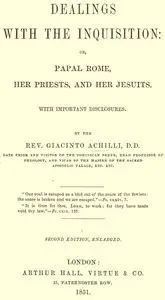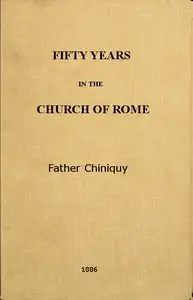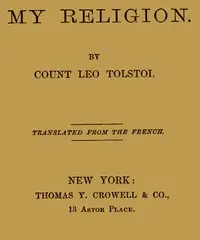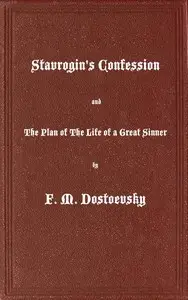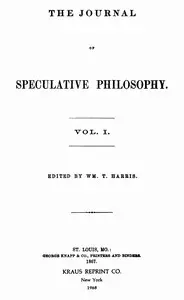"The Grand Inquisitor" by Fyodor Dostoyevsky is a philosophically charged story taken from a larger book that looks at ideas about religion and what it means to be human. Taking place during the Spanish Inquisition, the story shows a clash between the Grand Inquisitor, a leader in the Church, and Jesus, who has come back to a world filled with unfairness. The Inquisitor criticizes Jesus for giving people freedom, which he thinks makes them miserable. He believes people want to give up their freedom to be safe and guided. The story reaches its peak when Jesus answers with love instead of words, leaving the Inquisitor unsure of what to believe. This intense talk shows the struggle between believing and understanding, and between wanting to be free and wanting to be safe, making "The Grand Inquisitor" a story about what it means to be human that will last forever.

The Grand Inquisitor
By Fyodor Dostoyevsky
In a time of religious persecution, a powerful church leader confronts a silent Jesus about the true meaning of faith and freedom.
Summary
About the AuthorFyodor Mikhailovich Dostoevsky, sometimes transliterated as Dostoyevsky, was a Russian novelist, short story writer, essayist and journalist. Numerous literary critics regard him as one of the greatest novelists in all of world literature, as many of his works are considered highly influential masterpieces. Dostoevsky's literary works explore the human condition in the troubled political, social, and spiritual atmospheres of 19th-century Russia, and engage with a variety of philosophical and religious themes. His most acclaimed novels include Crime and Punishment (1866), The Idiot (1869), Demons (1872), The Adolescent (1875), and The Brothers Karamazov (1880). His 1864 novella Notes from Underground is considered to be one of the first works of existentialist literature.
Fyodor Mikhailovich Dostoevsky, sometimes transliterated as Dostoyevsky, was a Russian novelist, short story writer, essayist and journalist. Numerous literary critics regard him as one of the greatest novelists in all of world literature, as many of his works are considered highly influential masterpieces. Dostoevsky's literary works explore the human condition in the troubled political, social, and spiritual atmospheres of 19th-century Russia, and engage with a variety of philosophical and religious themes. His most acclaimed novels include Crime and Punishment (1866), The Idiot (1869), Demons (1872), The Adolescent (1875), and The Brothers Karamazov (1880). His 1864 novella Notes from Underground is considered to be one of the first works of existentialist literature.


